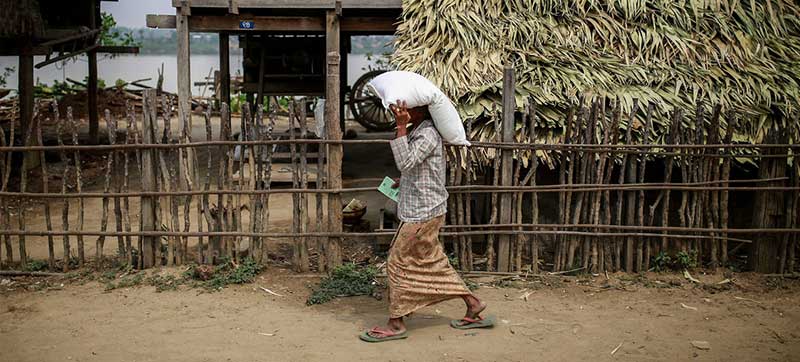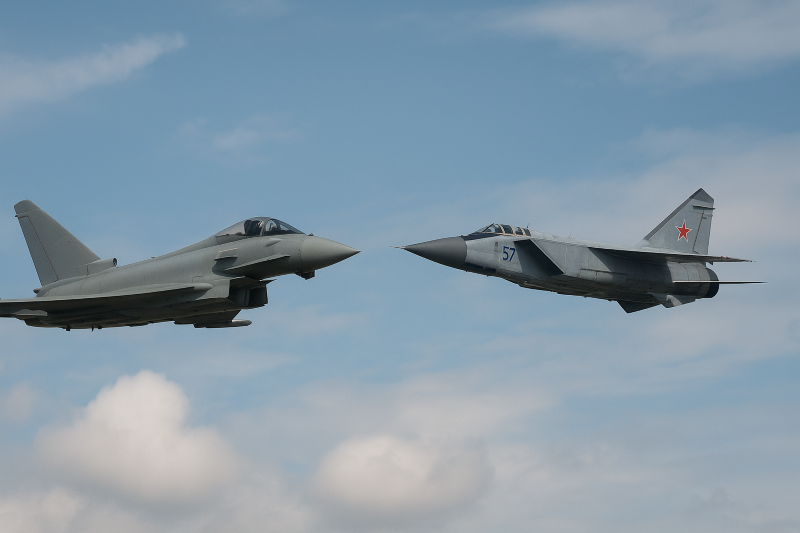Myanmar: Military’s obstruction of humanitarian aid could be international crime

New York: Myanmar’s military is killing civilians, destroying food and homes, and keeping the most vulnerable from receiving lifesaving aid, according to a new report from the UN human rights office (OHCHR).
The chief of OHCHR’s Myanmar team, James Rodehaver, explained that since their February 2021 coup, the country’s military rulers have been instilling a “climate of fear” to subjugate the civilian population, restricting aid access and using “all means” at their disposal to clamp down on civil society.
Brutal tactics
He said the military’s tactics had included the use of heavy weaponry on civilian areas and airstrikes, the burning of villages, and the use of landmines to prevent those forced to flee from returning home.
“Another thing that they have done regularly has been to burn food stores, crops and seed stores, to destroy medical facilities and to target medical workers.”
The military imposed further restrictions on humanitarian assistance in the aftermath of deadly Cyclone Mocha in May, Mr. Rodehaver said.
Over 17.6 million people, or a third of the overall population of Myanmar need aid.
OHCHR Spokesperson Ravina Shamdasani briefing in Geneva on the comprehensive human rights update for Myanmar, stressed that intentional obstruction or denial of humanitarian assistance may amount to serious violations of international law.
Aid workers treated as opponents
“The military has operated as if those providing aid are helping those opposed to their rule, rather than respecting their need for protection and facilitating their access and assistance to the civilian population in a time of crisis”, she said.
She cited the military’s “four cuts” strategy outlined in the report “to kill and injure thousands of civilians while destroying goods and infrastructure necessary for survival, including food, shelter, and medical centres”.
An estimated 1.5 million people have been internally displaced, and approximately 60,000 civilian structures have reportedly been burnt or destroyed, she said.
Between the overthrow of the civilian Government and April 2023, credible sources have verified that at least 3,452 people had died at the hands of the military and its affiliates, and 21,807 individuals had been arrested.
Dramatically worse
“Notably, our report says the security situation has dramatically worsened for humanitarian workers since the coup. Aid providers are consistently exposed to risks of arrest, harassment or other mistreatment, or even death”, Ms. Shamdasani added.
“In the context of armed conflicts, intentional obstruction or denial of humanitarian assistance may further constitute war crimes such as wilful killing, torture and other degrading treatment, starvation, and collective punishment”, she warned.
Intentional denial can also constitute crimes against humanity, she continued, such as murder, “extermination, torture and other inhumane acts, or persecution, when committed in the context of a widespread or systematic attack against a civilian population.”



